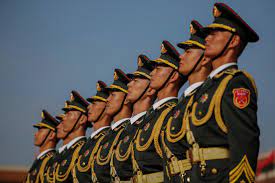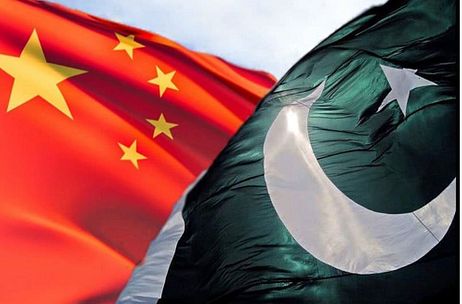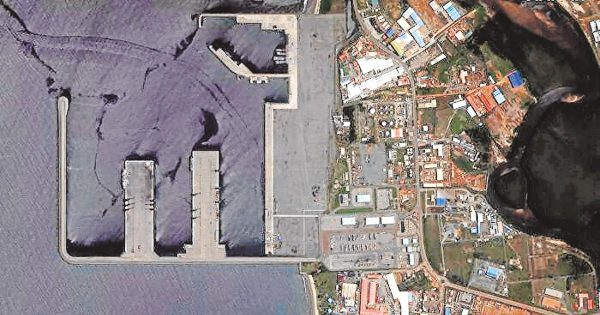If the port of Bata were to become a military base, it would allow Beijing to repair and rearm its warships and other naval equipment in the same waters as the U.S. eastern seaboard.
China’s «most significant threat» may be «a militarily useful naval facility on the Atlantic coast of Africa,» Gen. Stephen Townsend, commander of U.S. Africa Command, told the Senate in April. «By militarily useful, I mean more than just a place where they’ll make port calls and get fuel and supplies. I’m talking about a couple of ports where they will rearm with ammunition and refurbish warships.» However, Guinea’s vice president has denied that there is such an agreement with Xi’s administration and the «Global Times» newspaper has also denied it through the statements of an anonymous military expert. «The US has often exaggerated information about the construction of military bases abroad to inflate the Chinese threat theory,» the expert defended, pointing out that Washington is encircling its adversary on multiple fronts, whether political, economic or military.
«Even if China plans to build an overseas support base, it would not be comparable to the US, which has nearly 800 military bases in more than 80 countries. It is normal for it to build a support base somewhere for humanitarian rescue reasons,» the expert said.
The Asian country has also shown interest in several African nations located from Mauritania to southern Namibia, with the intention of establishing naval facilities to base warships in both the Atlantic and the Pacific. It has established the first military base within 10 miles of Camp Lemonnier, the largest U.S. defense base in Africa, and until now, the only strategically located overseas facility to host aircraft carriers.
On this continent, China has become the major international player after decades of heavy economic investment, which has given it great influence over many African leaders. Indeed, infrastructure loans have made China Africa’s largest bilateral creditor. Some Western critics have called these loans to developing African nations «debt traps» that leave vulnerable governments exposed, while China gains access to valuable infrastructure and resources.
Beijing persists in pursuing other settlement opportunities for a «strategic strong point» to conduct anti-piracy operations in the Red Sea, the Gulf of Aden and access to the Bab-el-Mandeb or «Gate of Tears,» a strait between Yemen on the Arabian Peninsula and Djibouti and Eritrea in the Horn of Africa.
U.S., French and Japanese military forces have rushed to beef up their presence to guard the strategic route for global oil and natural gas transport following China’s establishment of a naval base in the East African nation of Djibouti in 2017.
Most Persian Gulf oil and natural gas exports transiting the Suez Canal or SUMED pipeline pass through the Bab el-Mandeb and the Strait of Hormuz, according to the U.S. Energy Information Administration. These sea lanes are extremely critical to global energy security, and any maritime threat in this strait would divert the world’s tanker traffic from two 2-mile-wide channels around the tip of Africa, where the Chinese have now established their first naval base. Djibouti’s geographical location is also critical to Beijing, due to its proximity to key countries in both Africa and Asia.
With 1.4 million inhabitants, Equatorial Guinea is one of the smallest countries in Africa. It also has abundant offshore oil resources, making it the richest country on the sub-Saharan continent in terms of GDP per capita.





